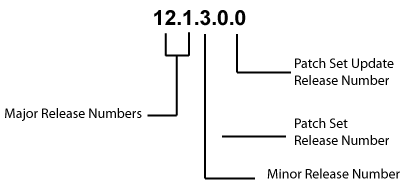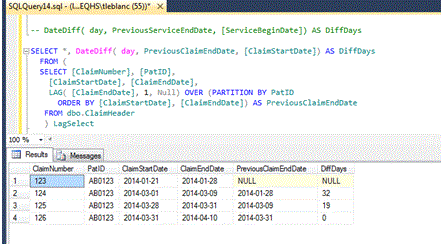Browse other questions tagged sql oracle count having case -when or ask your own question. The CASE expression evaluates a list of conditions and returns one of the multiple possible. Oracle CASE expression allows you to add if-else logic to SQL statements without having to call a procedure. Note that the non-aggregate expression is outside of the aggregate expression.
Any suggestion is Appreciated. Oracle checks each condition starting from the first condition (left to right). When a particular condition is satisfied (WHEN part) the expression returns the tagged value (THEN part). In a searched CASE expression, Oracle searches from left to right until it finds an occurrence of condition that is true, and then returns return_expr.
If no condition is found to be true, and an ELSE clause exists, Oracle returns else_expr. I need to define a view which would give us count of transactions when the following conditions satisfy. TRANSACTION_CODE END) count _of_confirmation from ods. NOTIFICATION_PRCS_STEP_CODE = THEN ODS_NOTIFICATION_FACT.

You could use the case statement in an SQL statement: 2. Combine case with NVL function: 3. Use the CASE expression and SUM function: 5. The expression is stated at the beginning, and the possible are checked in the condition parameters. Distinct count with case statement. In your case , in the expression you have case statement rite.
Something went wrong on our end. If you specify DISTINCT, then you can specify only the query_partition_clause of the analytic_clause. The order_by_clause and windowing_clause are not allowed. If you mean any language, which in case of an AL32UTF(Unicode) database really means almost ANY, use the character classes mentioned by Thomas.

As an aggregate function it reduces the number of rows, hence the term aggregate. Purpose of the Oracle CASE Expression. It’s a part of the SQL syntax and is actually an “expression” or a “statement”. The SEARCHED CASE statement is similar to the CASE statement, rather than using the selector to select the alternative, SEARCHED CASE will directly have the expression defined in the WHEN clause.
COUNT as an Aggregate Function. The first WHEN clause that satisfies the condition will be execute and the controller will skip the remaining alternatives. Is it possible to use a SELECT statement within case For ex, SELECT CASE WHEN A1.
Oracle SQL allows you to add Boolean logic and branching using the decode and CASE clauses. The case statement is a more flexible extension of the Decode statement. You can also nest the CASE statements. So to count the number of times Dateout is not populated and Datein is, the query will look something like this: SELECT SUM ( CASE Datein WHEN NULL THEN ELSE ( CASE Dateout WHEN NULL THEN ELSE END) END) AS date_in_no_date_out FROM table. Hope that helps, or at least makes sense.
EXAMPLE: The following query will give you name and number of occurances from MYTABLE. This is harder to achieve with other approaches. Note that your first query returns two columns, place and count , whereas your second returns only one, the count. Therefore we need to use a placeholder value in the second query.

Here is the query to achieve required result along with the output. Note the usage of ‘distinct’ clause outside of case statement.
No comments:
Post a Comment
Note: only a member of this blog may post a comment.